

Social Programme For Mainstreaming The Vulnerable And Exculded In Human Resource Development
A significant proportion of citizens of the Bolgatanga Municipality including children, unemployed youth, women, persons with disabilities and elderly either do not reach their full human potential or cannot contribute effectively to economic growth and sustainable social development due to vulnerability and exclusion.
Their needs cut across many sectors and their human resource development requires a coherent and integrated social policy framework and an overarching social protection strategy. Several relevant social policies that exist in the country include; the early childhood care and development (ECD) policy, Gender and children’s policy, Education Reform Policy, Health Reform Policy and many others. Also a draft social protection strategy to cover the needs especially of the vulnerable and excluded has also been prepared. These has however never been harnessed to the full in the Municipality.
Critical policy issues that need to be addressed besides education and health, include; integrated child development, strengthening of the family, HIV/AIDS, capacity development in social work and volunteerism, data base on vulnerable and excluded groups and institutional strengthening, linkages and coordination.
Integrated Child Development
As noted earlier, human capital formation starts from early childhood. Studies in the Municipality shows that investments in holistic early childhood care development for children before birth to 8 years covering care, infant stimulation, social and cognitive development, health, nutrition and early learning yield the highest rate of returns of any child development activity at later stages in the life cycle.
The returns are both in costs savings in fighting later poor health, malnutrition, poor cognitive and learning outcomes, school drop outs etc. and in positive human development, equality, poverty reduction and economic growth. Hence vigorous efforts will be made to implement the ECD policy to ensure that care and start in life to guarantee their survival in knowledge based world.
This will also ensure the reduction in the time burden of women and girls. Priority attention will also be given to: child protection issues including intensified special programmes to eliminate the worst forms of child labour and child trafficking, child abuse, commercial sex exploitation of children and streetism. Protection of orphans and vulnerable children (OVC) and children in conflict with the law.
Strenthening The Family
Family values are under threat as cases of neglect and abuse of spouses and children increase and there is emerging dislocation of youth and parental authority and guidance. Trends in increasing single parent and female headed households indicates stresses on family members especially children in this Municipality. This is worsened by the fact that the family as an institution receives little of no attention from both public and private sector agencies. Departments and civil society organisations that traditionally address issues of family welfare have been quite weak and of limited effectiveness.
HIV / AIDS And Vulnerability And Education
HIV / AIDS present a rapidly emerging challenge to social security in the municipality. There is no explicit strategy to harmonise efforts of public and private agencies in the campaign for behaviour change, as a means of reducing the potential impact of HIV / AIDS on vulnerability and exclusion. At the same time the campaign against stigma and other forms of discrimination, as well as advocacy for treatment is not yielding much result in the Municipality.
Capacity Development In Social Work And Vounteerism
There is a serious human capacity limitation in this area. Programmes to equip social services practitioners and new entrants with the necessary skills and at varying levels of expertise do not exist in this Municipality. Expiation training facilities at post secondary and tertiary levels need to be strengthened to support schools for PWDs, care programmes and skills training programmes. In addition a more professional approach to the management of volunteerism should be introduced to encourage people in the municipality to give their time and resources towards the care and empowerment of vulnerable and excluded group.
Data Base On The Vulnerable And Excluded Groups
A simple but efficient data management system to draw social sector data in to a common database that can be analysed does not exist in the Municipality. There should be an in depth studies ensuring that data colleted are disaggregated by age, gender and geographical location. The database will facilitate and sharpen programmes design, targeting, mainstreaming and monitoring and evaluation of vulnerability and exclusion in the Municipality.
Institutional Strengthening, Linkages And Coordination
Major problems plaguing the design and implementation of social development programmes to address vulnerability are inadequate institutional framework, capacity and poor coordination. Several departments and agencies provide specialised but related support. The Programmes of all these agencies and organisations often overlap leading to duplication and fragmentation of efforts. Compounding the problem is absence of an overall social policy framework to guide agency contributions and coordination at the local level.
Institutional Organisation
The Municipal Assembly
The Bolgatanga Municipal Assembly was established by L.I. 1797 (2004). Membership comprises - elected and - appointed members including the Municipal Chief Executive and one member of Parliament who have no voting rights. It is the highest political and administrative authority in the municipality
Executive Committee
The Executive Committee of the Assembly has twenty-seven (27) members. The Executive Committee has the following sub-committees, the first five being statutory and the rest created by the Municipal Assembly itself.
1. Finance and Administration Sub-Committee
2. Works Sub-Committee
3. Development Planning Sub-Committee
4. Justice and Security Sub-Committee
5. Social Services Sub-Committee
6. Agriculture Sub-Committee
7. Environmental, Water and Sanitation Sub-Committee
8. Health Sub-Committee
9. Education Sub-Committee
10. Women and Children Sub-Committee
There is also the Public Relation and Complaints Committee chaired by the Presiding Member and answerable directly to the Assembly.
Sub-Structures
The Assembly has one Urban Council at Bolgatanga and two zonal councils namely; Zuarungu and Sumbrungu-Sherigu zonal councils. These substructures are however without staff which is seriously affecting effective decentralization in the municipality.
Traditional Authorities
There is one paramouncy namely; Bolgatanga, and one Traditional Council (Frafra Traditional Council). Each village or town has a chief who wields traditional authority. Apart from the chief there is the Tindana who is the Custodian of the sacred traditions as well as the administrator of the ancestral lands, which he holds in trust for the people.
Decentralised Departments
All the decentralized departments are present in the municipality though the planned integration of some of them has not yet been achieved. The Assembly receives much co-operation from all departments. The staffing situations as far as the decentralized departments are concerned; in terms of numbers and quality is nothing to write about. There is an urgent call for improvement in the staffing situation in the municipality.
Private Sector Initiatives
The Bolgatanga Municipal Assembly in its desire to improve and sustain revenue inflow tried to promote a strong vibrant economy whose agriculture; industry and commerce are well enhanced and inter-related. The construction of dams, promotion of the tourism sector, the upgrading of village markets are some of the activities facilitated by the Assembly to provide employment for the people.
The Assembly, through the Poverty Alleviation Fund has also provided credit facilities to a number of groups in the municipality to facilitate and enhance private sector economic activities. These initiatives have contributed greatly to an improvement in the standard of living of the people
The Assembly Revenue
Finance has been the major problem of local administration in Ghana. Indeed, most local authorities have had to grapple with the problem of generating adequate revenues from their traditional sources to meet their recurrent and development expenditures.
Provision has been made under the Local Government Act, 1993 (Act 462) for the District Assembly to mobilize all kinds of resources for the effective implementation of its programmes and projects. The Bolgatanga Municipal Assembly does this through three (3) main sources: Internal/local, central government, and donor support.
Internal Sources Of Revenue
The Bolgatanga Municipal Assembly raises revenue locally from six (6) major sources. These are: Rates, Lands, Fees and Fines, Licenses/Permits, Rent from Assembly’s Property and Investment Income.
Problems Of Revenue Collection
Even though there have been an average annual improvement in revenue generation over the period, much is yet to be achieved due to the problems outlined below:
1. Lack of policy formulation and direction
2. Inefficient revenue administration
3. Lack of effective monitoring systems
4. Inadequate performance assessment
5. Public apathy in the payment of rates
6. Revenue collectors at post are of low calibre.
7. Lack of motivation to revenue collectors.
Date Created : 11/24/2017 1:20:00 AM


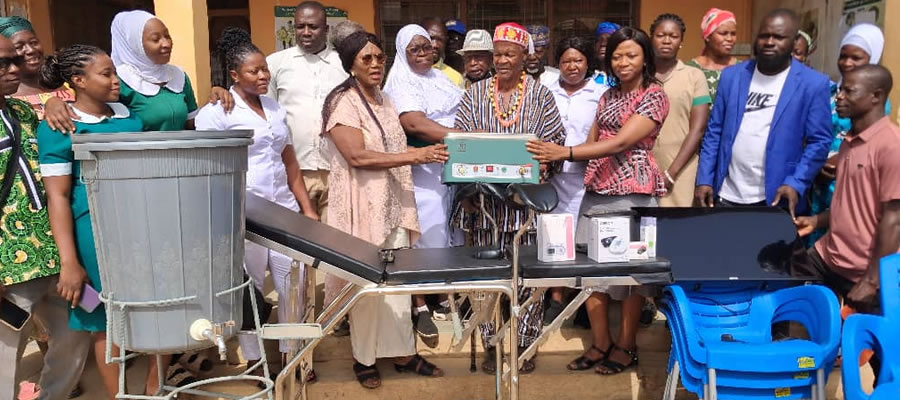
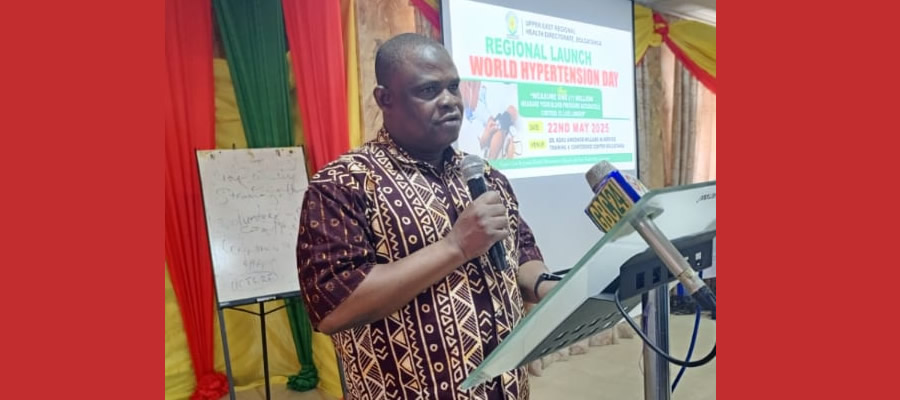
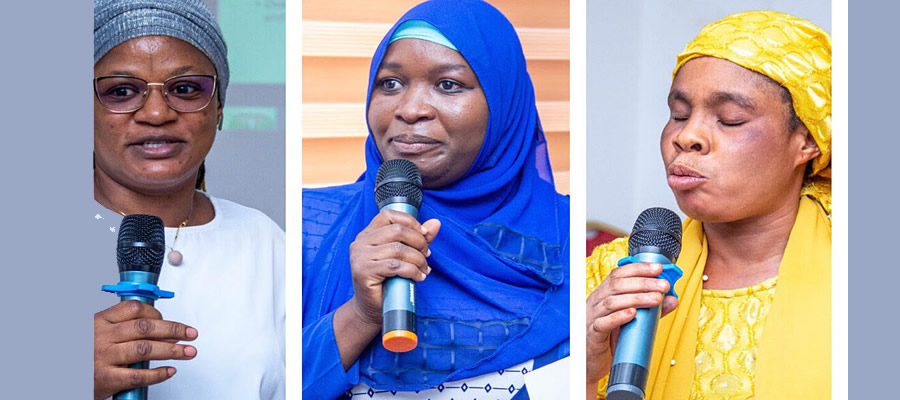
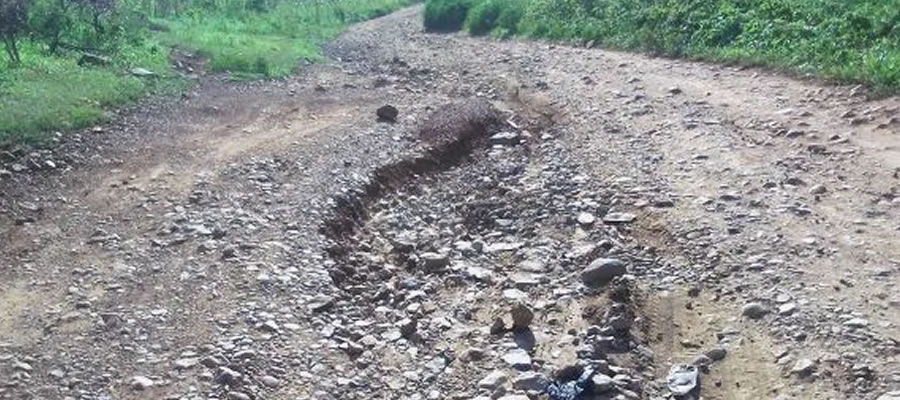
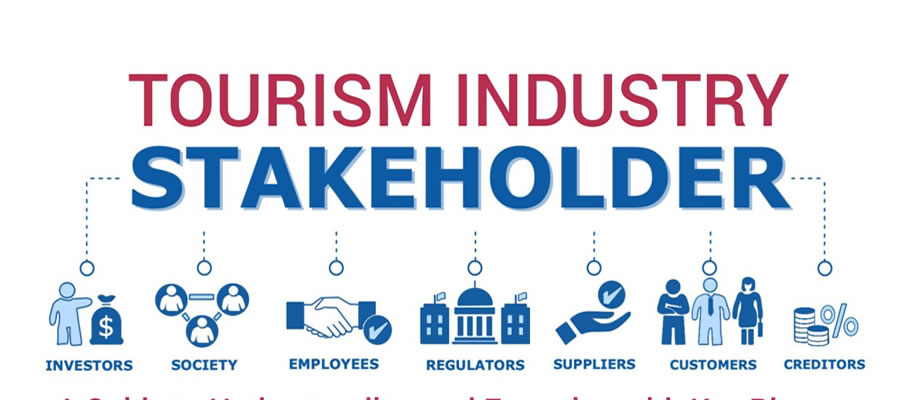
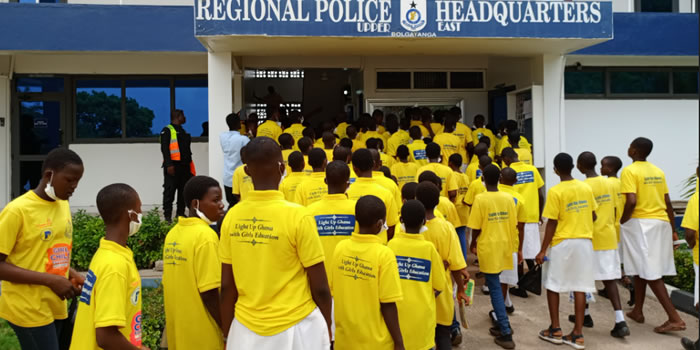



 facebook
facebook
 X
X
 Youtube
Youtube
 instagram
instagram
 +233 593 831 280
+233 593 831 280 0800 430 430
0800 430 430 GPS: GE-231-4383
GPS: GE-231-4383 info@ghanadistricts.com
info@ghanadistricts.com Box GP1044, Accra, Ghana
Box GP1044, Accra, Ghana